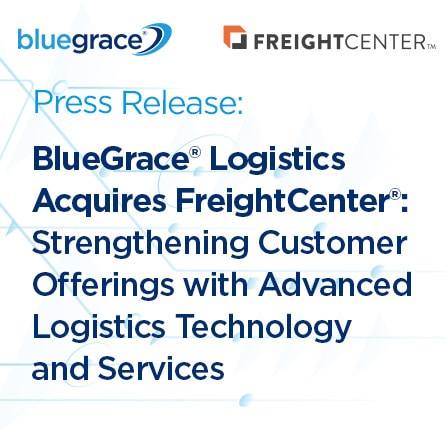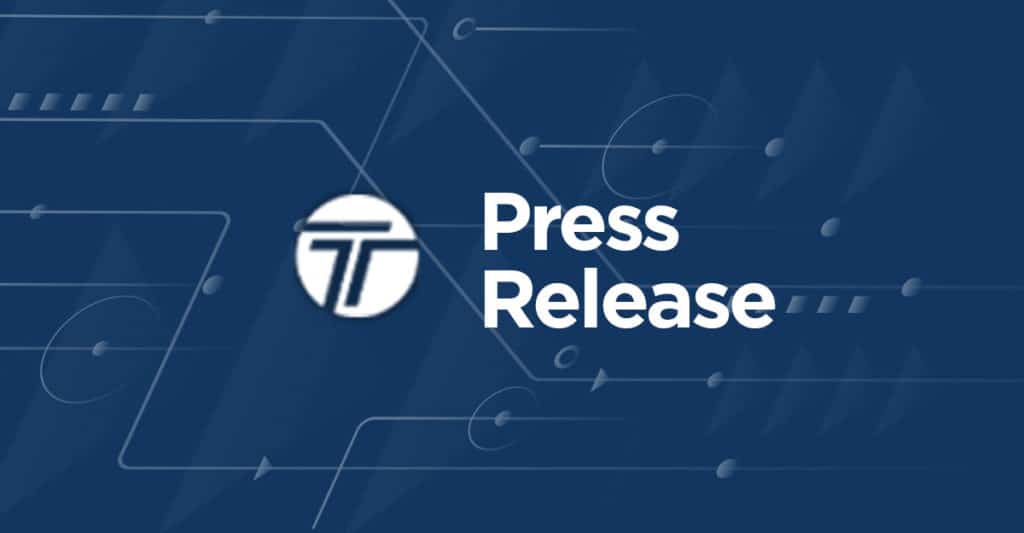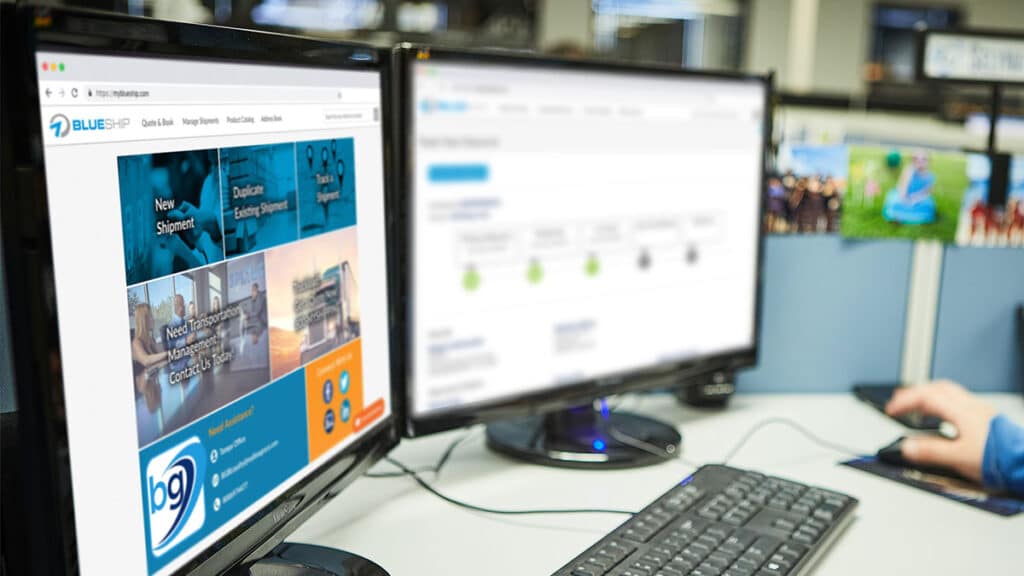
Most shippers don’t spend much time worrying about who is driving the trucks carrying their goods, but choosing a 3PL with the right carrier network makes all the difference when your business is expanding. B2B and B2C networks are increasingly determined by where the customer is, rather than a companies’ geographical location. With more business moving to online, you need to be prepared to meet your customers where they are.
When your customers need change, you want to be able to say “yes.” But logistics is a complicated business and when you are examining your choices, there are some factors to consider.
The first step is to understand your internal requirements – consider what your specific needs are before looking for a 3PL. Questions to ask include, what modes of transportation and what services you will need? What volumes do you plan to ship and where? Do you have specific security or visibility requirements? Are your shipments time-sensitive? The list goes on… Despite their expertise, 3PLs are only as useful as their knowledge of your business and customer requirements.
The right 3PL will also have a network density that connects you with the right carrier, at the right location and with the right capacity and expertise.
Start with Carrier Partnerships
Whether you are shipping intra-warehouse or last-mile, it’s important that your 3PL has the capabilities to make it happen. Two considerations are technology and partnerships.
Shippers should look for a partner that allows them to quote, track and control invoicing for their LTL and FTL shipments, across a nationwide carrier network. Because your shipping partner is responsible for integrating different shipments, they are responsible for implementing technology that provides visibility to your shipment across their network of trucks and more.
The right 3PL will also have a network density that connects you with the right carrier, at the right location and with the right capacity and expertise. With capacity being tight these days, partnering with the right 3PL will increases the chances that your time-critical shipments will be delivered on time and at a competitive price. That means, if you have warehousing and delivery needs in Houston, your 3PL should have vehicles available to accommodate those needs, and quickly.
Door to Door deliveries
Not all trucking companies handle door-to-door deliveries and some don’t have to. What matters is that your 3PL is partnered with carriers that offer fleet capabilities that meet your needs. For your urban customers, the trucking company might need to deploy a fleet of smaller trucks or even vans. If your requirements are FTL B2B shipments, you need a trucking company with that sort of capacity. For many shippers, their requirements fall in-between, or into the ‘all-of-the-above category.’ In those cases, your 3PL needs to have a range of carriers available to facilitate your business.
Experience matters
Shippers should ask themselves if their 3PL understands their business and customer base. For example, a company shipping high-value electronics, will want to check with their 3PL about security protocols. Are trucks secured? Is there a system in place to alert management when drivers divert course? Proactive 3PLs will have systems in place so that your customers can rely on you in turn.
Shipping disruption is an unfortunate reality in the business, ranging from weather disruptions to dock strikes. The right 3PL will have a plan in place to make sure that you are taken care of.
Do the services match the requirements?
Some 3PLs specialize in specific modes of transportation, commodities, dealing with regulations and origin/destinations. Others are generalists. Make sure that you ask potential 3PLs if they have experience handling the cargo that your business will be shipping. The right partner for your business will be able to walk you through the different steps required, allowing all parties to agree on the correct protocols and procedures. Reviewing a 3PLs Case Study library can help you better understand their expertise.
How many modes?
There are four common modes – ocean road, air, and rail. Many 3PLs will offer “intermodal” services, but if they don’t have the size and experience to properly manage that freight in-transit, they are essentially handing off responsibility to another party.
To avoid this uncertainty, make sure your 3PL works with established rail and intermodal carriers. That way, you get the most options. Offering a variety of modes that let shippers choose slower transit times when possible, which lowers costs. On the flip side, if you need something shipped fast, having a 3PL with a dedicated expedite team will help to ensures that your shipment gets where it’s going, in the time it needs to be there.
How’s their customer service?
This might seem too obvious to print, but it’s important to distinguish between friendly phone conversations and 3PLs that can get you the information you need when you need it. If there’s a disruption or other events along the shipment chain, you need a 3PL that can reach out proactively to help you make the necessary adjustments on your end. There will always be disruptions, but that doesn’t mean they need to put you on your back heels.
Customer service is also about finding a 3PL that’s willing to take the time to help you set up the right solution. If your business is experiencing sudden growth, you might not have all the answers.
Is your 3PL BlueGrace?
At BlueGrace, our freight specialists work with you every step of the way to understand your requirements and set up a solution that’s tailored to your needs. BlueGrace provides scalability for growing companies to achieve their goals without labor or technology investments. With a fully built-out national network and global partners, BlueGrace makes it easier than ever to reach your markets in an efficient and cost-effective manner. Our expertise and processes provide clients with the bandwidth to operate efficiently and drive direct cost reduction, backed by procurement and dedicated management. For more information on how we can help you analyze your current freight issues and simplify your supply chain, contact us using the form below:




